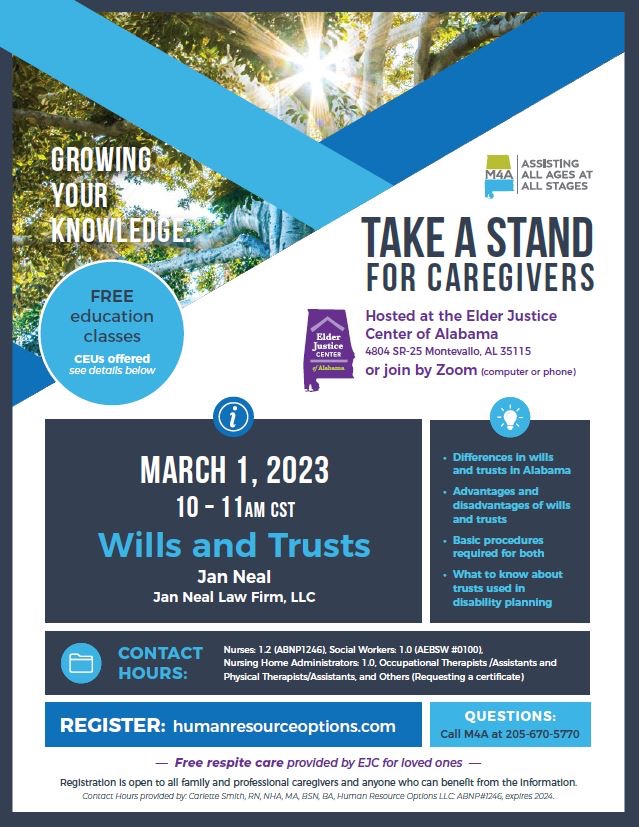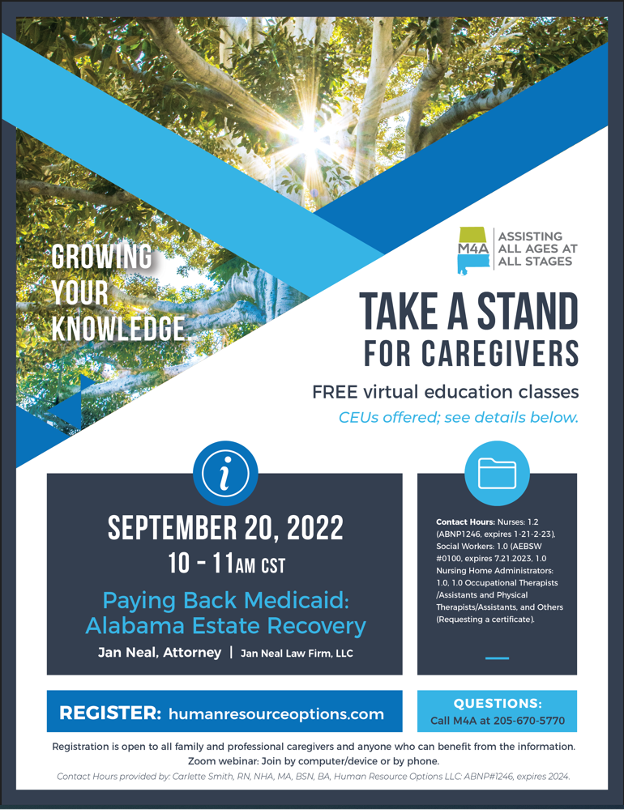Medicare Advantage Plans (MA) are a good fit for many people, while they may not be a good idea for others. I have no problem with Medicare Advantage, but I do have a problem with the deceptive ways these plans are marketed.
Earlier this year The Center for Medicare and Medicaid Services (CMS) revealed that from 2020 to 2021 the agency received double the complaints from Medicare eligible persons about private sector marketing of MA plans. These complaints launched a Senate Finance Committee majority staff inquiry in August 2022. The committee reviewed complaints from 14 states and found that Medicare eligible persons were being “inundated with aggressive marketing tactics as well as false and misleading information, such as:
Seniors shopping at their local grocery store are approached by insurance agents and asked to switch their Medicare coverage or MA plan.
Insurance agents selling new MA plans tell seniors that their doctors are covered by the new plans. Seniors who switch plans find out months later that their doctor is actually out-of-network, and they have to pay out-of-pocket to visit their doctor.
Seniors receive mailers that look like official business from a Federal agency, yet the mailer is a marketing prompt from an MA plan or its agent or broker.
An insurance agent calls seniors 20 times a day, attempting to convince them to switch their Medicare coverage.
Widespread television advertisements with celebrities claim that seniors are missing out on benefits, including higher Social Security payments, in order ot prompt seniors to call MA plan agent or broker hotlines.”
These deceptive Medicare Advantage marketing practices are especially pervasive during open enrollment (October 15 – December 7). The committee recommends that CMS warn seniors and people living with disabilities of the following:
“Warning 1: USE CAUTION IF CALLING A TV HELPLINE . The Federal Medicare program does not advertise MA plans or benefits on television. These so-called helplines will connect you with an agent or broker. That agent or broker does not have to tell you about all of your options in the Medicare program and does not have to ensure that your plan will meet your needs.
Warning 2: IF YOU THINK YOU HAVE BEEN ENROLLED IN A NEW PLAN THAT DOESN’T WORK FOR YOU, CALL 1-800-MEDICARE FOR HELP. Seniors and people living with disabilities can also get no-cost counseling from the local State Health Insurance Assistance Program (SHIP) or Senior Medicare Patrol (SMP office). In some situations you may be eligible for a special enrollment period to switch back into your original plan During the first three months of the year you can also change your enrollment.
Warning 3: BE CAREFUL WHAT YOU CLICK. Third-Party Marketing Organizations are using sneaky tactics to get your information and then sell your information to agents or brokers who can call you. When in doubt, don’t provide your information on unfamiliar websites or to unfamiliar people. The Medicare Call Center (1-800-MEDICARE) and your local State Health Insurance Assistance Program (SHIP) office can help you understand your Medicare choices and enroll in a plan that will meet
your needs.”
There are multiple policy recommendations made in this report including reinstating requirements over marketing MA plans that were loosened during the Trump Administration.
The full report, Deceptive Marketing Practices Flourish in Medicare Advantage, can give you good insight on how to protect yourself while shopping for the right Medicare coverage that meets your individual needs.






